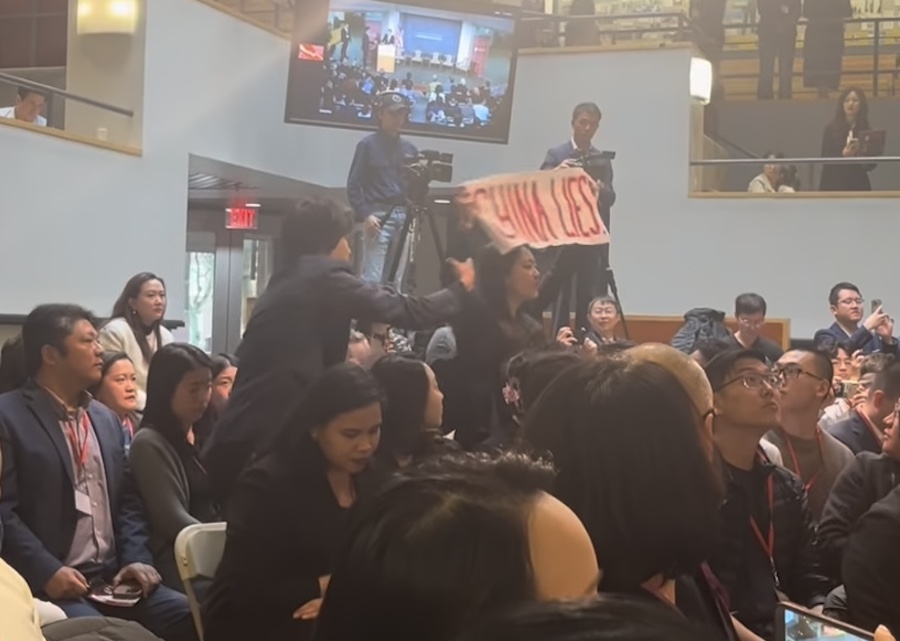 September 5 – Taktser Rinpoche, the eldest brother of the Dalai Lama, passed away earlier today (September 5) at home in Indiana in the United States having been ill for several years. He was 86 years old.
September 5 – Taktser Rinpoche, the eldest brother of the Dalai Lama, passed away earlier today (September 5) at home in Indiana in the United States having been ill for several years. He was 86 years old.
Taktser Rinpoche – whose given name was Thupten Jigme Norbu – was recognized at the age of three as the reincarnated abbot of Kumbum monastery in modern-day Qinghai, one of the most important monasteries in Tibet, and was therefore already a prominent figure in Tibet’s religious hierarchy even before his brother the Dalai Lama was born.
In the immediate wake of the Chinese invasion of Tibet in 1949-1950, Taktser Rinpoche played important intermediary roles first between the Dalai Lama and Chinese Communist officials and then later, when in India, between the US State Department and the Dalai Lama during the protracted negotiations between Beijing and Lhasa surrounding signature of the controversial Seventeen Point Agreement – the document which was intended to give legitimacy to China’s rule of Tibet.
Taktser Rinpoche was deeply mistrustful of the Chinese Communist Party’s intentions in Tibet, and was a prominent voice advising the Dalai Lama to leave Tibet in the face of what was perceived as direct threats to his own personal safety as well as to the integrity of Tibet itself.
In 1950, when the Dalai Lama was still in Lhasa, Chinese officials attempted to persuade Taktser Rinpoche to travel to Lhasa and convince the Dalai Lama to accept the “peaceful liberation” of Tibet, even promising to make him the governor of Tibet if he succeeded, according to one account. Taktser Rinpoche eventually agreed to travel to Lhasa to see the Dalai Lama, but evaded his Chinese escorts on route and instead conveyed to the Dalai Lama his deep misgivings about China’s influence in Tibet, and urging the Dalai Lama to retreat to the border with India.
Although a devout and dedicated follower of the Dalai Lama, Taktser Rinpoche nevertheless took a different stand on Tibet’s status to his brother, calling instead for the complete independence of Tibet as opposed to the model of autonomy put forward by the Dalai Lama.
An extremely energetic individual, Taktser Rinpoche dedicated his life to serving the Dalai Lama, Tibet and the Tibetan people, including serving as the Dalai Lama’s representative in Japan. Upon leaving Tibet in the 1950s and over a long and prolific writing career, he wrote several academic papers and books on Tibet including his own autobiography, Tibet Is My Country, one of the first books on the Tibetan experience to have scholarly credibility. He went on to serve as Professor of Tibetan Studies at Indiana University in the United States, where in 1979 he founded the Tibetan Cultural Center.
Taktser Rinpoche was a tireless advocate for the protection of Tibetan culture and the rights of the Tibetan people in Tibet. Each year – including this year prior to the Beijing Olympics – he participated in long walks and cycle rides to raise awareness of the plight of the Tibetan people.
He is survived by his wife Kunyang Norbu, and three sons.









